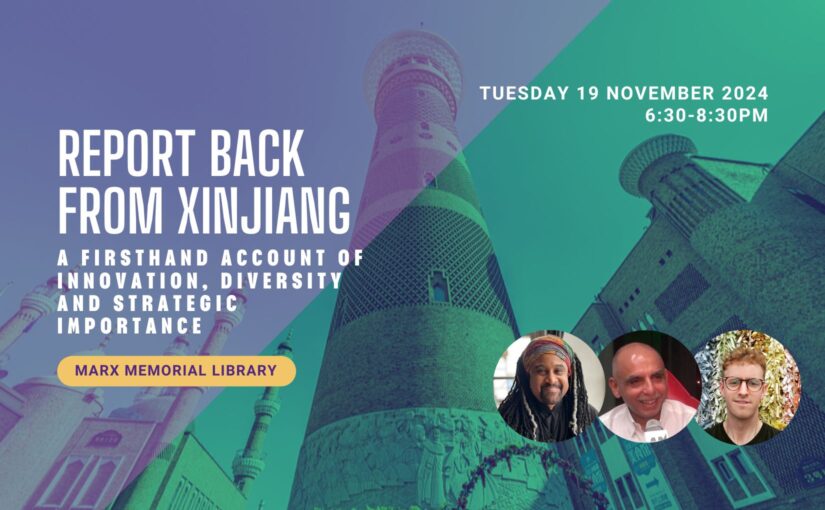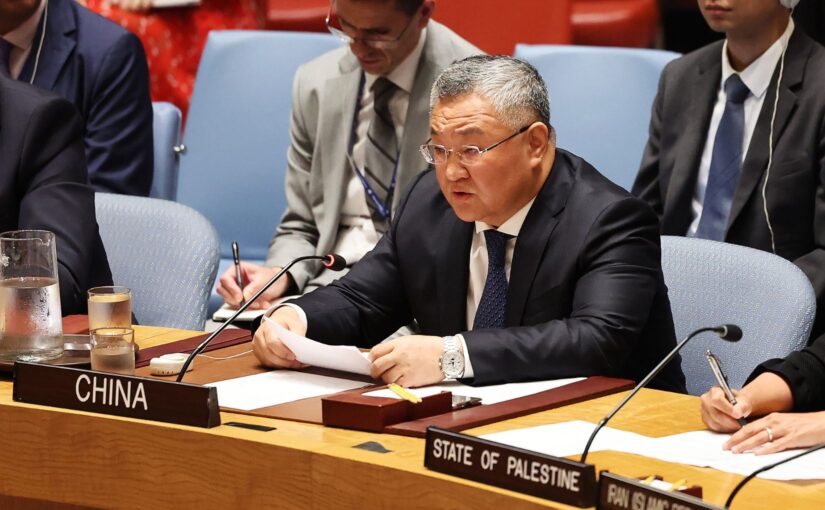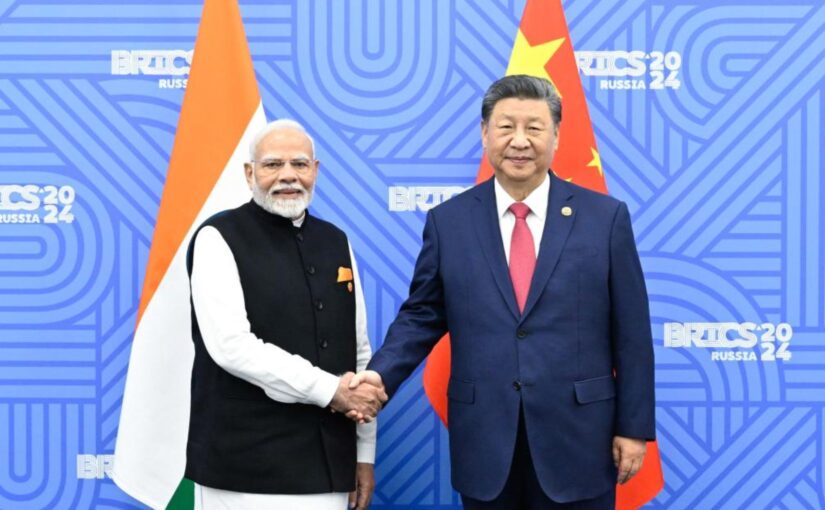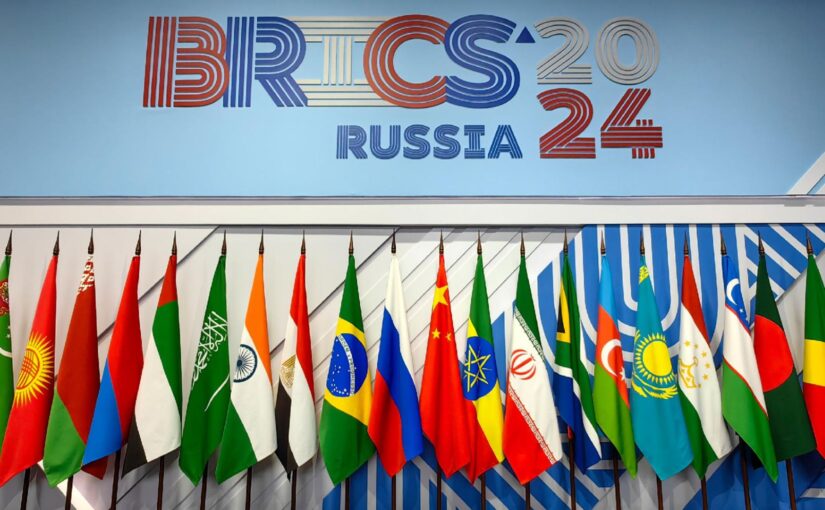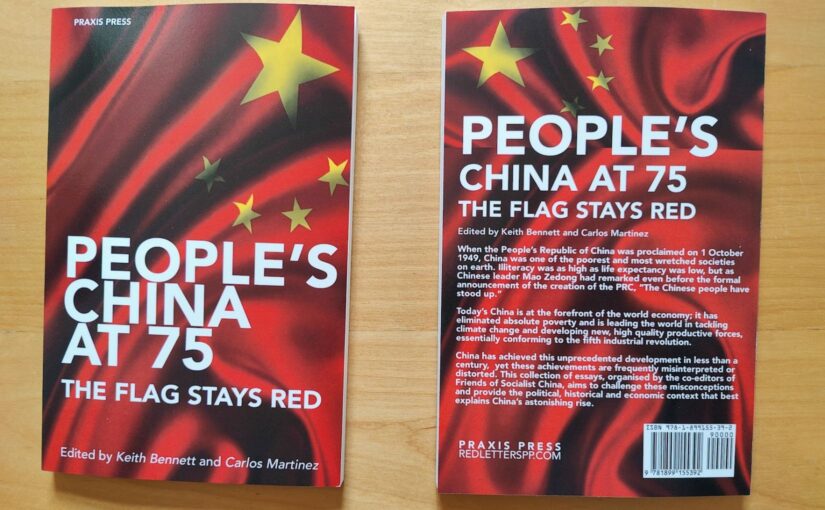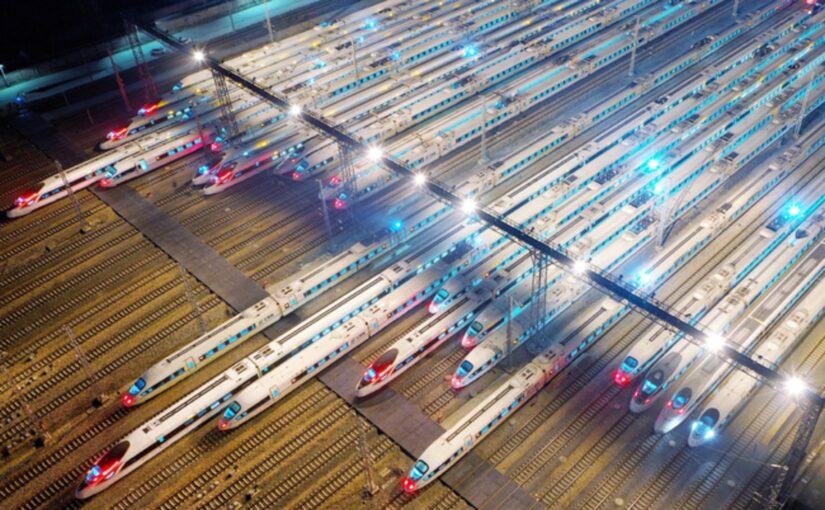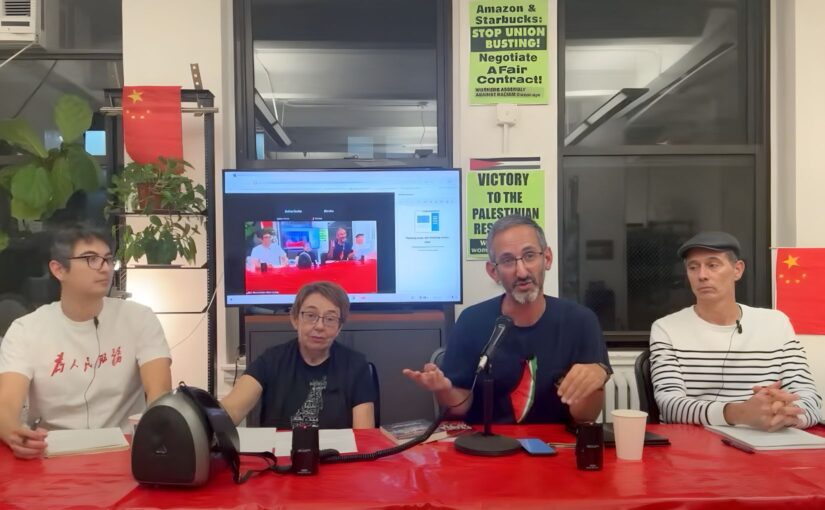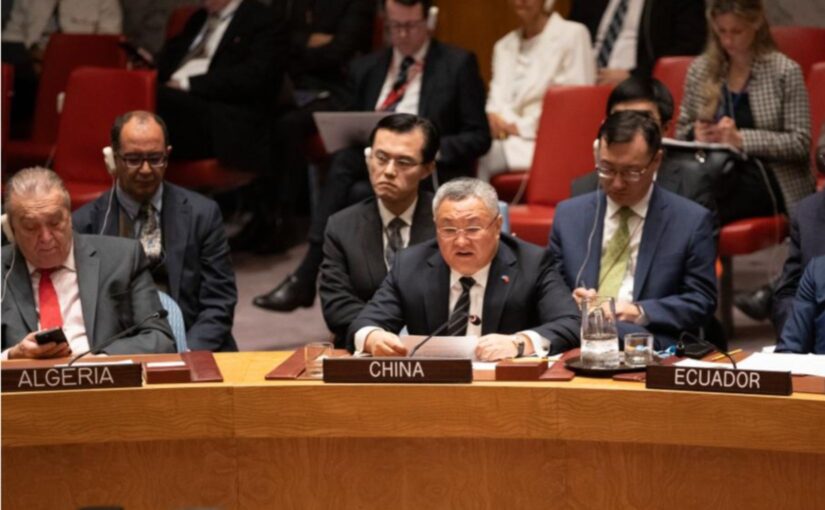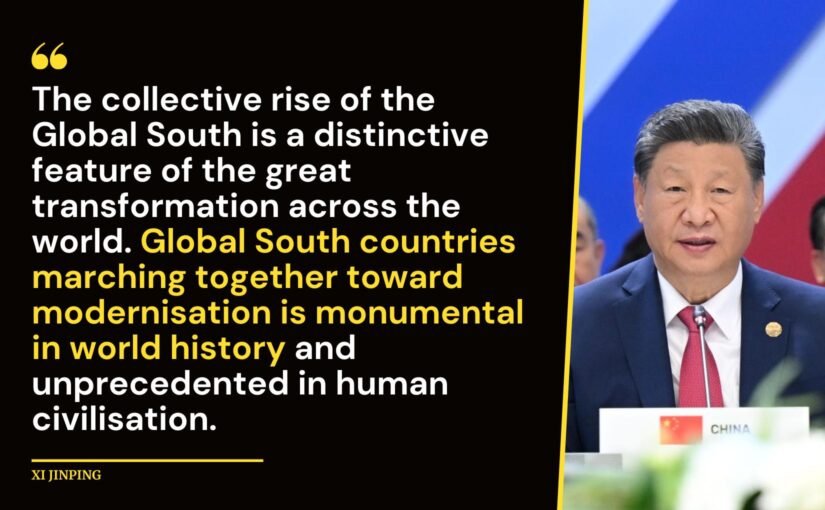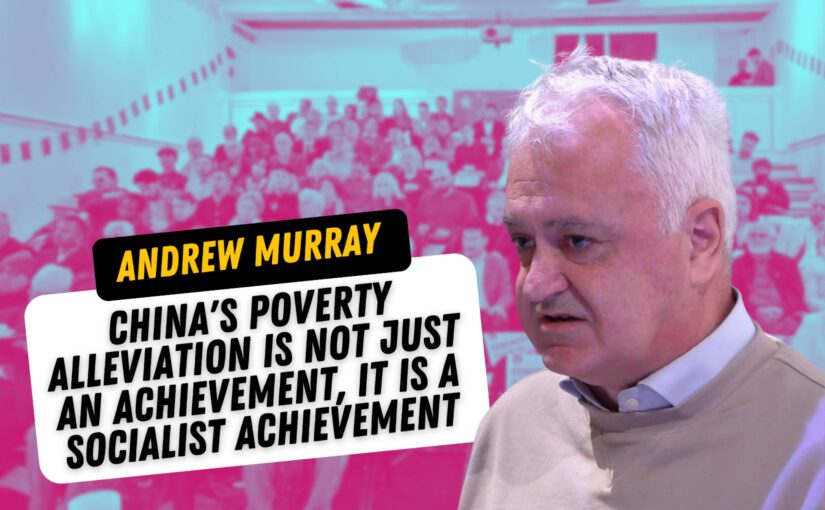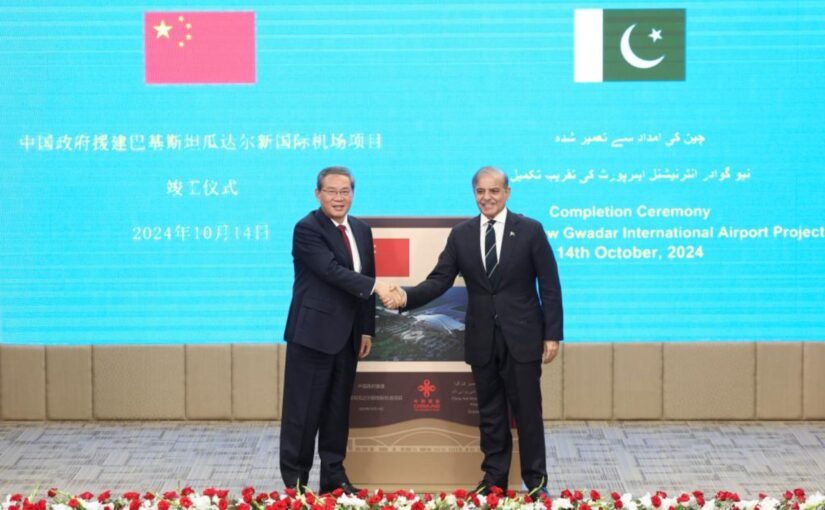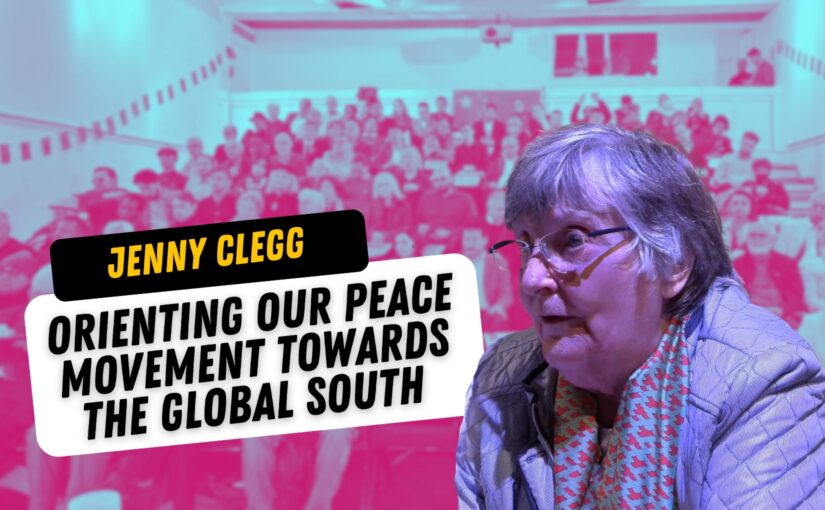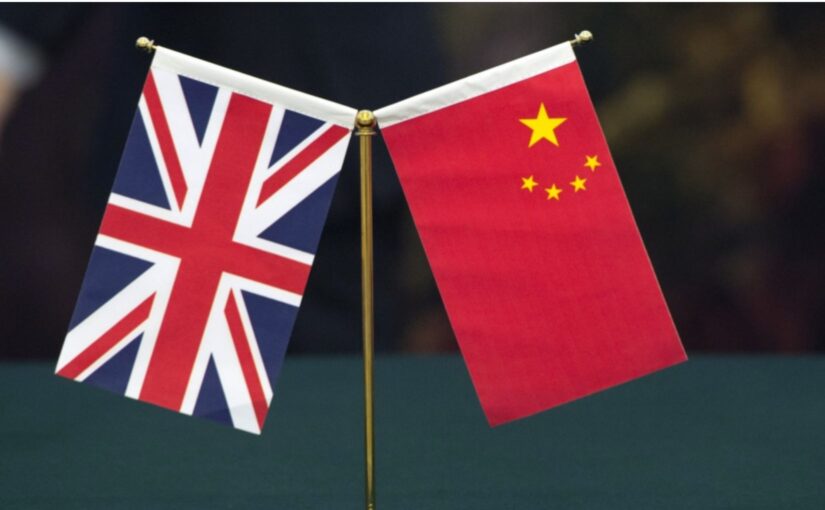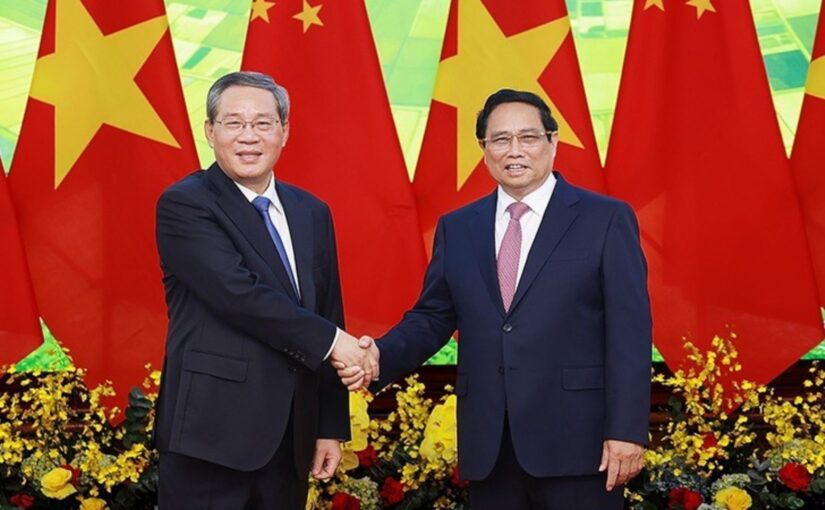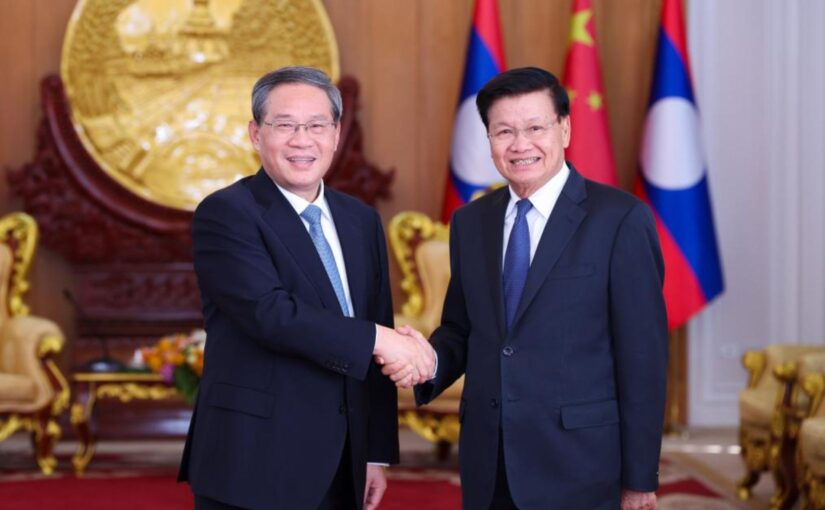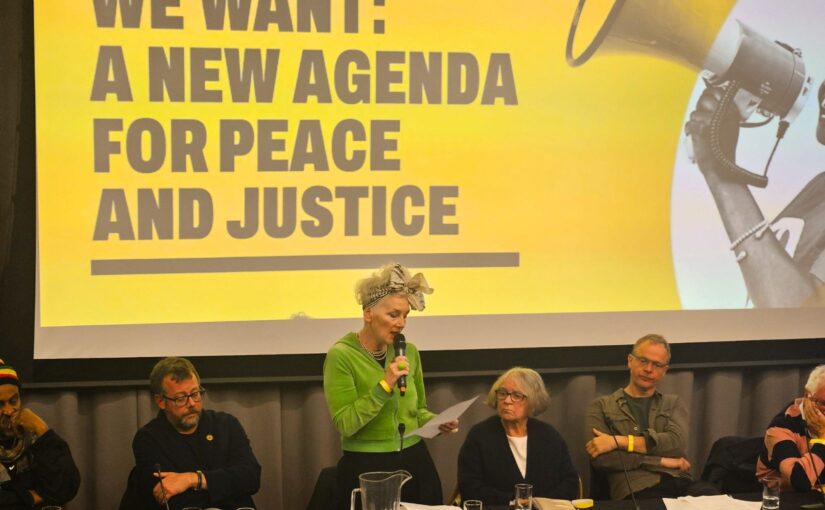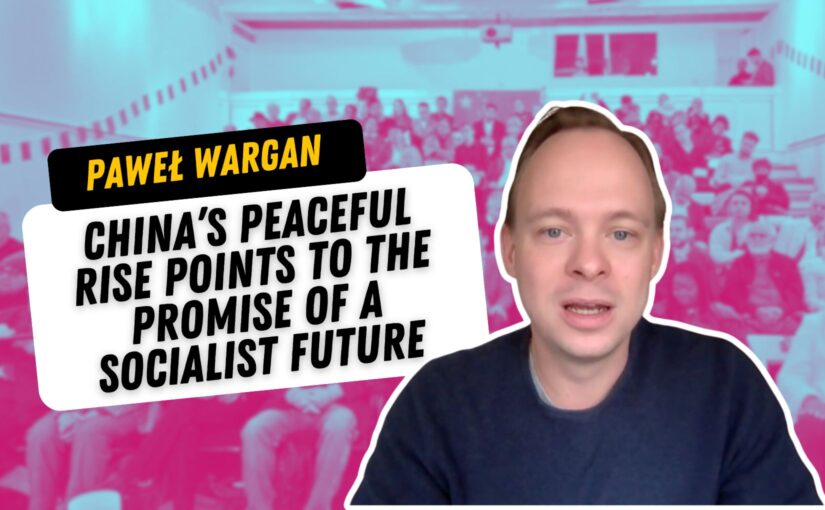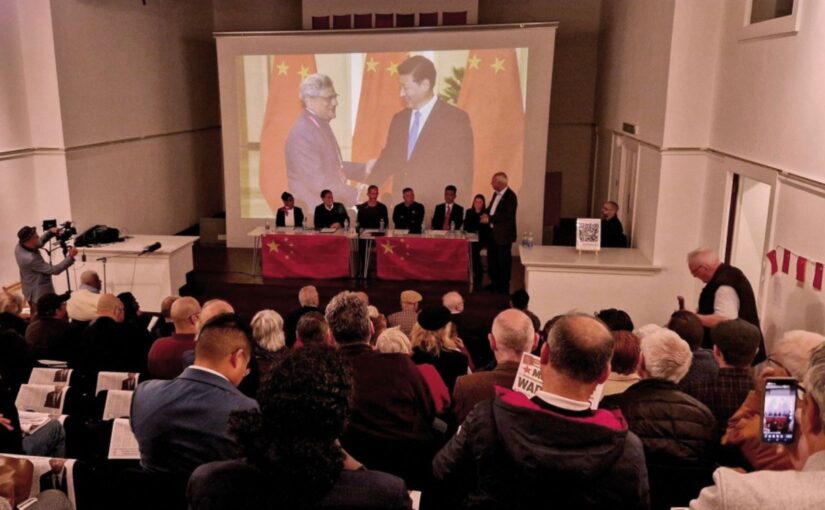Friends of Socialist China expresses its sincere condolences following the shocking death of Alex Salmond, who died on October 12, 2024, from a massive heart attack while attending an international conference in North Macedonia. The enduring contribution he made to political life was reflected in the tributes paid from across the political spectrum, in Scotland, the UK and beyond, as well as from people of all walks of life, not least in the minute of applause by thousands of Scotland football fans ahead of their team’s international match against Portugal on October 15.
The founder and leader of the Alba Party, Salmond served as the First Minister of Scotland from 2007-2014. He also served as the leader of the Scottish National Party (SNP) from 1990-200 and from 2004-2014. He founded the Alba Party in 2021.
Alex Salmond was a great and sincere friend of China. He strongly supported friendship and cooperation with China throughout his time as Scotland’s First Minister. The March 2014 edition of ‘Voice of Friendship’, the magazine of the Chinese People’s Association for Friendship with Foreign Countries, reported on his November 2013 visit to Beijing, describing him as, “an old friend who visited China successively in the years from 2009-2011.”
On that occasion, Salmond presented State Councillor Yang Jiechi with his government’s document, ‘Scotland’s Strategy for Stronger Engagement with China’.
Reporting his visit to the Confucius Institute Headquarters, ‘Voice of Friendship’ noted: “Since he took office, Mr. Salmond has attached great importance to carrying out cultural exchanges with China. Right now, Confucius Institutes have been set up in four universities and Confucius Classrooms in 13 primary and secondary schools in Scotland, with a total of 150 schools and institutions teaching Mandarin.”
When the Conservative government threatened to ban Confucius Institutes in 2022, in contrast to some fair-weather ‘friends’, Salmond retorted:
“This is the sort of Cold War mentality on display by Westminster which ends in hot wars. The Scottish Government should defend these valuable cultural exchanges and oppose any attempts by the UK Government to close them down. We have nothing to fear from talking and exchanging culture. The real danger is from those who wish to divide the world into armed camps and who wish to shut Scotland out from the international community.”
Just last month, he gave an interview to the Xinhua News Agency, in which he identified wind energy as one of the potential areas for cooperation between Scotland and China. He expressed enthusiasm for Chinese involvement in Scotland’s wind energy sector, “particularly given both sides’ substantial expertise in both onshore and offshore wind power.”
“I hope to see greater collaboration between Chinese and Scottish experts in both continental and offshore wind power,” he said.
Salmond’s unwavering backing for friendship and mutually beneficial cooperation with China, and his opposition to the new Cold War, was consistent with his overall political stance. Along with Jeremy Corbyn and George Galloway – both of whom paid tribute to him – he was one of a handful of leading British politicians to oppose all imperialist wars in his political lifetime, including those against Yugoslavia, Iraq, Afghanistan and Libya.
He was a strong and passionate supporter of the Palestinian people. Middle East Eye reported:
“The former Scottish First Minister Alex Salmond, who died unexpectedly during a conference in North Macedonia at the weekend, was one of the most vocally pro-Palestinian western leaders of his generation and a vociferous opponent of the Iraq war.
“The former SNP leader was a longtime supporter of the Palestinian cause. In 2004, he opposed Britain’s abstention on a UN resolution condemning Israel’s assassination of Hamas founder Sheikh Ahmed Yassin.
“Then in 2010, as SNP leader, Salmond slammed Israel’s assassination of Hamas member Mahmoud al-Mabhouh in Dubai.
“As first minister, he called for an embargo on arms sales to Israel in August 2014, amid Israel’s bombardment of Gaza.
“Salmond later stirred controversy in 2016 as a representative for UK in Europe by attacking the Israeli representative for criticising Iranian President Hassan Rouhani’s presence in France during a Holocaust commemoration service.
“His pro-Palestinian stance continued after his departure from the SNP in 2018, and when he became leader of a new pro-independence party called the Alba Party from 2021 onwards.
“Earlier this month Salmond slammed Britain’s Labour government on social media platform X, asking: ‘Is the UK to ‘stand with Israel’ in Gaza, in Lebanon, in flagrant breaches of international law, in tens of thousands of civilian deaths over the last year?’
‘This was in response to Starmer promising support for Israel after it was hit by an Iranian missile attack.
“Salmond added: ‘Britain is the former colonial power and the Middle East is one of the few areas where what is said by the PM actually matters.
“‘Would a better policy not be to simply say ‘we stand to uphold international law and unequivocally back the UN’s pursuit of peace?’”
“Earlier this year he also made headlines for demanding that Israeli Prime Minister Benjamin Netanyahu be arrested ‘and sent to the courts’ if he steps foot on Scottish soil, following the International Criminal Court’s prosecutor seeking an arrest warrant for Israeli and Hamas leaders.”
Middle East Eye further reported:
“Salmond firmly opposed Britain’s invasion alongside the US of Iraq in 2003, and later said there was ‘substantial evidence’ that Labour Prime Minister Tony Blair had intended to deceive the public.
“In 2016 as the SNP foreign affairs spokesperson, Salmond tabled an unsuccessful motion in the House of Commons calling for parliamentary committees to investigate Blair.
“In 2015, Salmond… led a mission to Tehran to boost business and cultural links between Scotland and Iran.”
Domestically, as First Minister of Scotland, Salmond implemented a number of progressive policies favourable to working people, including free prescriptions and free university tuition.
China’s Consul General in Edinburgh has sent a letter of condolences to the First Minister of Scotland mourning the death of Alex Salmond.
We take this opportunity to express our condolences to Alex’s wife Moira, his other family members, his colleagues in the Alba Party and his countless friends.
We reprint below the statement from the family and also embed a short clip from Alba’s conference in May this year, in which Alex speaks on the ongoing genocide in Gaza with passion and principle.
